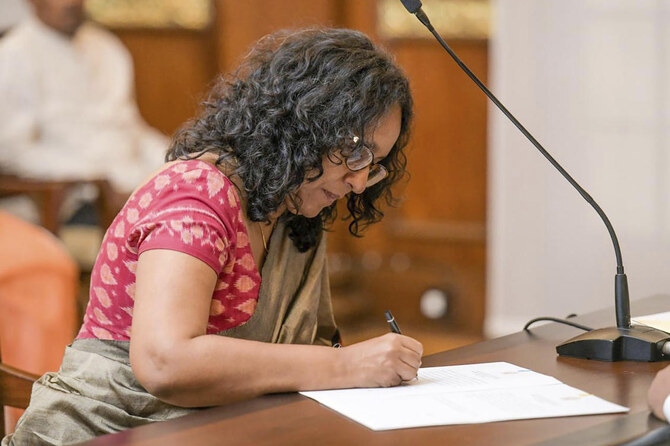Sri Lanka’s newly elected President, Anura Kumara Dissanayake, appointed opposition lawmaker Harini Amarasuriya as the country’s first female prime minister in 24 years on Tuesday. Amarasuriya, 54, a university lecturer and activist, is a member of the Marxist-leaning National People’s Power (NPP) coalition, like Dissanayake. This marks a significant shift in Sri Lanka’s political landscape as voters rejected the traditional ruling class, which they blame for the country’s severe economic crisis.
Amarasuriya is the first woman to hold the position since Sirimavo Bandaranaike, the world’s first female head of government, who served three terms as Sri Lanka’s prime minister until 2000. Her appointment signals a new era in Sri Lankan politics, where women have been historically underrepresented. In 2023, only 13 out of 193 UN member states had female heads of government.
Dissanayake won the presidency over former President Ranil Wickremesinghe and opposition leader Sajith Premadasa, reflecting widespread dissatisfaction with the previous government’s handling of the economy. Sri Lanka’s economic meltdown was driven by years of mismanagement, compounded by the COVID-19 pandemic and the 2019 Easter Sunday terrorist attacks, which severely impacted the tourism sector.
One of Dissanayake’s main challenges will be addressing the austerity measures imposed by his predecessor as part of an International Monetary Fund (IMF) bailout. While he has pledged to ease these measures, Wickremesinghe has cautioned that altering the terms of the IMF deal could jeopardize future aid disbursements, including a $3 billion tranche.
Amarasuriya’s leadership is expected to play a key role as Sri Lanka navigates its economic recovery and transitions away from the old political order.



